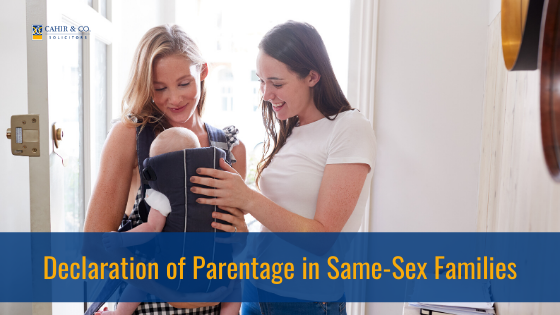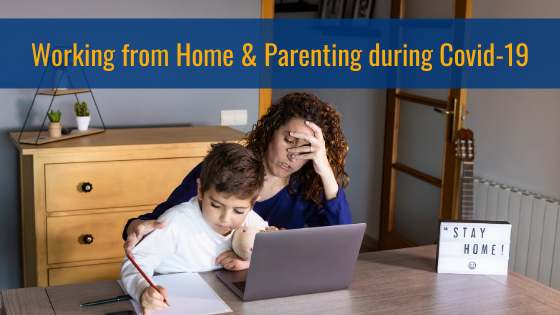“To care for those who once cared for us is one of the highest honours.” – Tia Walker, The Inspired Caregiver : Finding Joy While Caring for Those You Love
GETTING older can bring health challenges to a home that requires a caregiver to be nominated as some ageing changes will affect mental health and a person’s capacity to make decisions. As a caregiver, it’s essential you are aware that some legal documents and supports can be put in place by the person you are caring for to support you to carry out their wishes as they would want. The legal mechanism supports the wishes of the person you are caring for and takes the burden off the caregivers. Every person over 18 can put legal documents in place to be specific about their preferences for their healthcare, their wishes to particular caregivers and the authority their caregivers or other specifically nominated persons can have regarding the management of their finances.
The person putting documents in place to provide for their welfare into the future can give extensive powers to someone to act in all areas on their behalf or restrictive powers in specific matters, so their wishes are carried out at some time in the future. Whether you are a new or existing caregiver what should you be considering for discussion with your loved one? The National Carers’ Strategy defines a carer as: ‘ Someone who is providing a significant ongoing level of care to a person who is in need of that care in the home due to illness or disability or frailty’.
As a new caregiver, you should begin discussions with your loved one at the earliest opportunity about how best to approach any legal requirements they may need to put in place to support you in your role as caregiver. Find out their wishes on decisions you may need to make on their behalf if they ever reached the stage of not having the necessary mental capacity. As an existing caregiver, you may be managing well to deal with the health care needs and financial assistance of your loved one. However, preparations and discussing the legal and care requirements after a diagnosis of a serious illness is imperative, especially where the illness will affect your loved one’s mental capacity in the future. People diagnosed with dementia, Alzheimer’s and other long-term illnesses may have the capacity to manage their own legal and financial affairs right now. However, as these diseases advance, loved ones will need to rely on others to act in their best interests. This transition is never easy. However, early family discussions and planning allows people with a long-term disease and their families to make decisions together for what may come. In the 2016 Census, Dublin city had the highest number of carers with 20,808, representing 10.7% of carers in the State. Cork county followed this with 18,269 (9.4%), South Dublin with 10,534 and Fingal with 10,515 (both 5.4%) and Kerry (4.58%). Co Clare recorded 4.62% of Carers in the state. The 195,263 carers in the census provided per information submitted in the census 6,608,515 hours of care each week, giving an average (excluding not stated) of 38.7 hours of unpaid care per carer. This is up on the 38.3 average hours care in 2011 and a rise of 321,005 hours of total unpaid care. ( cso.ie)
FAMILY DISCUSSIONS
The Oxford dictionary defines the Discussion as ‘ The action or process of talking about something to reach a decision or to exchange ideas’. Discussion amongst families or loved ones is more of an art form as it requires empathy, tact and courage. It is hard for caregivers to approach the topic sometimes as there are real concerns family members may see it as opportunistic. Sometimes it is well known among family members that different members of the family may have different views on health care or financial aspects for their loved ones.
In many cases, it is straightforward and clear as to who the caregiver is or would be in the circumstances that arise. However, clarity is power and seniors or persons diagnosed with illnesses need to engage with the communication process and be proactive in the discussion as to whom they wish to care for them and whom they want to have the power to make decisions on their behalf. There can be family conflict otherwise and often this is the aspect not discussed. Family conflict can be more difficult for the caregivers than the cared for many times but usually arises when ageing and senior ill not discussed. So family conversations should see discussions as the definition suggests ‘a process of talking ‘ and ‘an exchange of ideas’ to reach a decision but the person needing care and the person being provided for and protected is central to the discussion, and their desires must prevail. Written legal documents are essential for the support, clarity and protection of family caregivers and the loved one they are caring for says Sharon Cahir Solicitor for the Elderly. Cahir and co have over 40 years’ experience in Senior law and elder legal needs.






